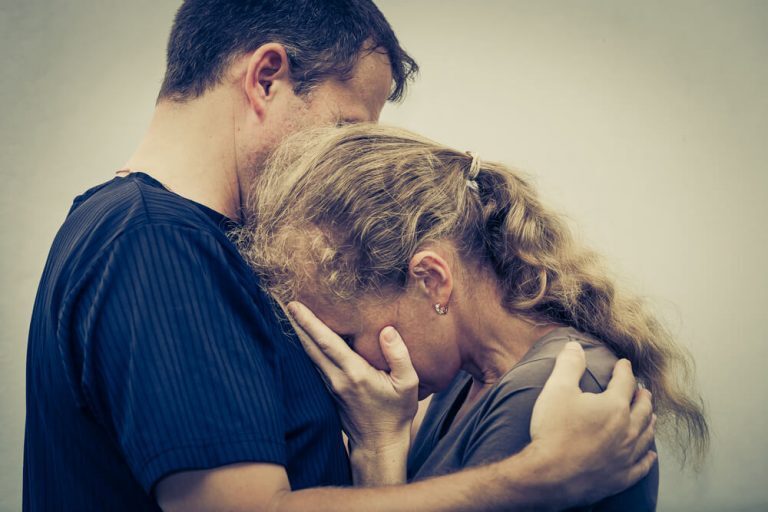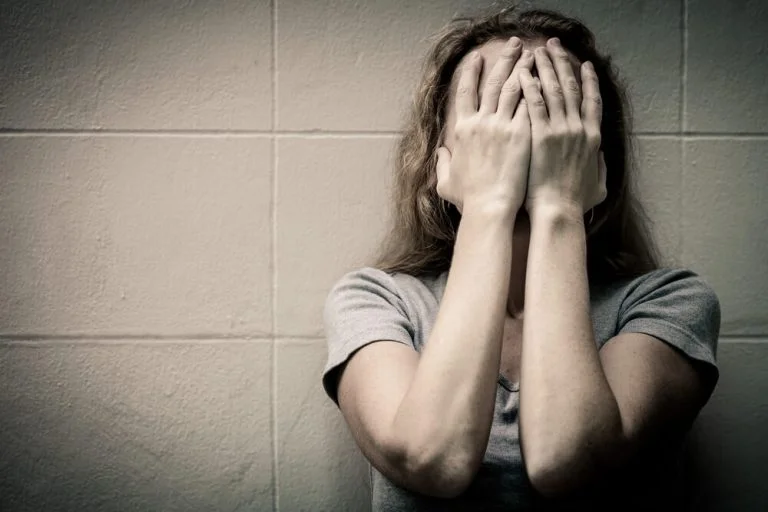5 Best Ways to Help a Recovering Addict
Recovery is challenging, and a strong support system is essential for people who are recovering from a drug or alcohol addiction. If someone you love is in recovery, you may be wondering, how can I help a recovering addict? There are many ways to help a recovering addict, and here are five of them.

There are a number of ways to help a recovering addict. Here are five of the best.
1. Understand addiction
If you’re looking for ways to help a recovering addict, the first step is to understand addiction. Addiction isn’t the result of a lack of willpower or morals. Rather, it’s a medical disease that requires professional treatment to end.
Addiction changes the functions and structures of the brain and affects thought and behavior patterns. That’s why people with an addiction often develop personality traits they didn’t have before, and they’ll often do things they wouldn’t have done before they were addicted. Addiction hijacks the brain, which can lead to denial and other harmful ways of thinking and behaving.
2. Help your friend see the truth
Your recovering friend may have a hard time seeing the truth about himself or herself. Self-awareness is very important in early recovery and beyond, and one of the most important answers to the question, how can I help a recovering addict is to help your friend stay mindful of choices and stay aware of his or her thoughts, attitudes, and emotions.
3. Understand relapse
Relapse begins long before someone in recovery acutally uses again. There are three stages of relapse, and each has its own signs and symptoms. How to support a recovering drug addict partly involves understanding relapse and helping your friend recognize the signs.
Emotional relapse is the first stage of relapse and occurs before your friend is even consciously thinking about using again. Signs of emotional relapse include not asking for help when you need it, neglecting self-care–such as abandoning a healthy diet and not getting enough sleep–and experiencing negative emotions like frustration, anger, isolation, and fear.
Mental relapse is the second stage of relapse and is characterized by starting to think about using again. Your friend may begin to reminisce about using and the friends he or she used with. Your friend may begin talking about using, and he or she may begin lying. At the end of mental relapse, a lapse is planned around others’ schedules.
Physical relapse is the last stage, and this is where the lapse occurs. It can quickly lead to a relapse of the addiction if it’s not addressed quickly. Knowing how to support a recovering drug addict is partly a matter of keeping an eye out for signs and symptoms of relapse, and encouraging your friend to get help right away.
4. Listen
Sometimes, people in recovery are struggling with negative thoughts and emotions, and they need someone who will listen without judging. Listening to your friend is one of the best ways to help a recovering addict. If your friend is really struggling, encourage him or her to talk to a counselor or therapist, who can offer professional help to make recovery easier for your friend.
5. Have fun and relax
People in recovery need to learn to relax and have fun without drugs or alcohol. If you’re looking for ways to help a recovering addict, take your friend out to the movies, a concert, or another drug- and alcohol-free activity that is fun and enjoyable. The more your friend enjoys life without drugs or alcohol, the better the chances of successful long-term recovery.
If you or a loved one needs help with addiction and/or relapse prevention, it is available. Make the phone call that will empower you with the skills you need to overcome. Call Better Addiction Care today at (800) 429-7690.








